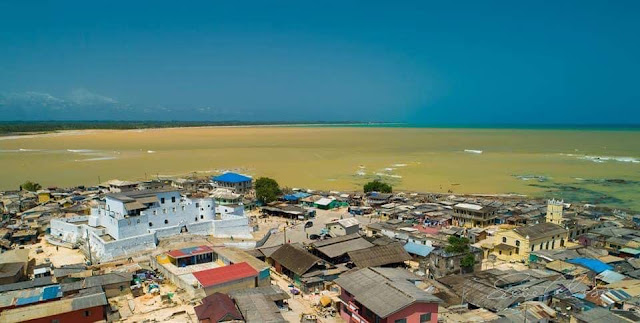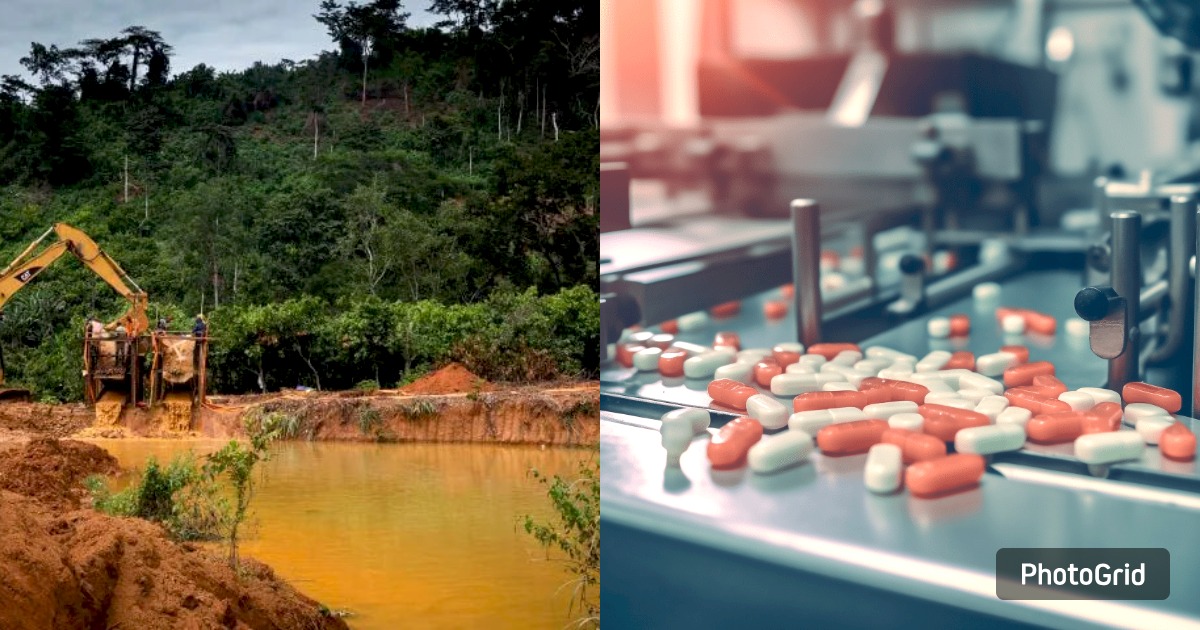

The President of the Pharmaceutical Society of Ghana (PSG), Samuel Kow Donkoh, has raised concerns over the potential impact of illegal mining, commonly referred to as galamsey, on the country’s pharmaceutical industry.
He warned that the contamination of water sources caused by galamsey could soon force the nation to import water for drug manufacturing.
Speaking at the PSG’s Annual General Meeting, Mr Donkoh emphasised the critical role of clean water in pharmaceutical production, stating, “The activities of illegal mining have devastated our water bodies, making it expensive for pharmaceutical companies to treat water for production purposes. If this environmental degradation continues, we may soon have to import water to support our local manufacturing industry.”
He further stressed that the production of essential medicines relies on the availability of high-quality water, warning,
“We cannot afford to compromise on the quality of our drugs. The health and wellbeing of our citizens depend on it.”

Dr Anthony Nsiah Asare, Presidential Advisor on Health, assured attendees that measures are being put in place to combat illegal mining and protect water resources.
He urged all political parties to unite in the fight against galamsey, noting, “We are calling on all political parties to put their hands under a pact.”
In addition to environmental concerns, the PSG highlighted the ongoing shortage of pharmacists in the public sector, attributing the issue to the government's freeze on recruitment.
Representing the Asantehene, Kumawuhene Barimah Sarfo Tweneboah Koduah, called on the government to address the financial needs of pharmacists to ensure sufficient staffing in public health facilities.

As Ghana confronts economic challenges, the fight against illegal small-scale mining, or galamsey, has reignited tensions between citizens and the government. With the nation’s natural resources under threat and the cost of living increasing, protesters are demanding urgent action to protect water bodies and restore environmental stability.
Read Full Story





















Facebook
Twitter
Pinterest
Instagram
Google+
YouTube
LinkedIn
RSS